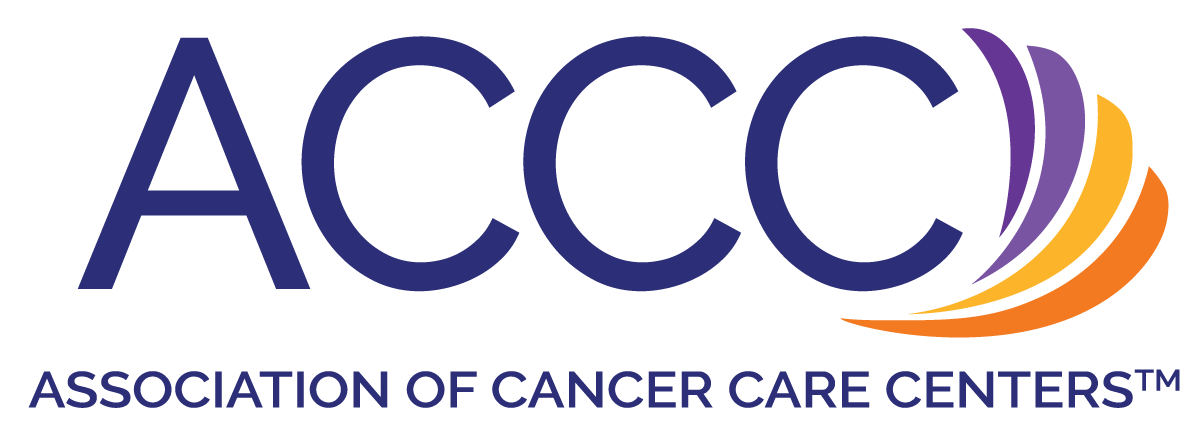
Dr Sigrun Hallmeyer Discusses Use of Precision Medicine in the First-line Setting

As scientists are identifying molecular alterations in patients with later-stage cancers that may be targets in earlier-stage disease, next-generation sequencing is being utilized more in the first-line setting, noted Sigrun Hallmeyer, MD, medical oncologist with Advocate Health.
As scientists are identifying molecular alterations in patients with later-stage cancers that may be targets in earlier-stage disease, next-generation sequencing is being utilized more in the first-line setting, noted Sigrun Hallmeyer, MD, medical oncologist with Advocate Health.
Hallmeyer was a presenter of the day 1 workshop, “Precision Medicine,” at the 49th Association of Community Cancer Centers’ 49th Annual Meeting and Cancer Center Business Summit.
Transcript
What are some best practices clinics can utilize to identify patients suitable for a precision medicine course of treatment?
The current indications for the medications that have been approved in the setting of oncology, that are based on precision medicine and molecular testing, have really been established in the advanced-stage setting: stage IV, metastatic disease, and oftentimes in lines that have exceeded standard of care. So when patients are believed to no longer benefit from standard of care is when typically these molecular studies are ordered and then the more experimental therapies are being utilized in that setting.
That is changing, though, as we are identifying these targets in patients in the later-stage settings that could potentially make a significant impact if we were to utilize the medications that are attached to these molecular alterations sooner in the trajectory. And so in that, you’re identifying a bit of a shift in when physicians actually utilize, for instance, next-generation sequencing, where there’s, probably more now, a push in using that earlier and earlier in the trajectory of the disease. And I would say probably in the majority of practices now, these are done in the first-line setting when patients are ultimately identified with advanced disease or stage IV disease.
Newsletter
Stay ahead of policy, cost, and value—subscribe to AJMC for expert insights at the intersection of clinical care and health economics.








